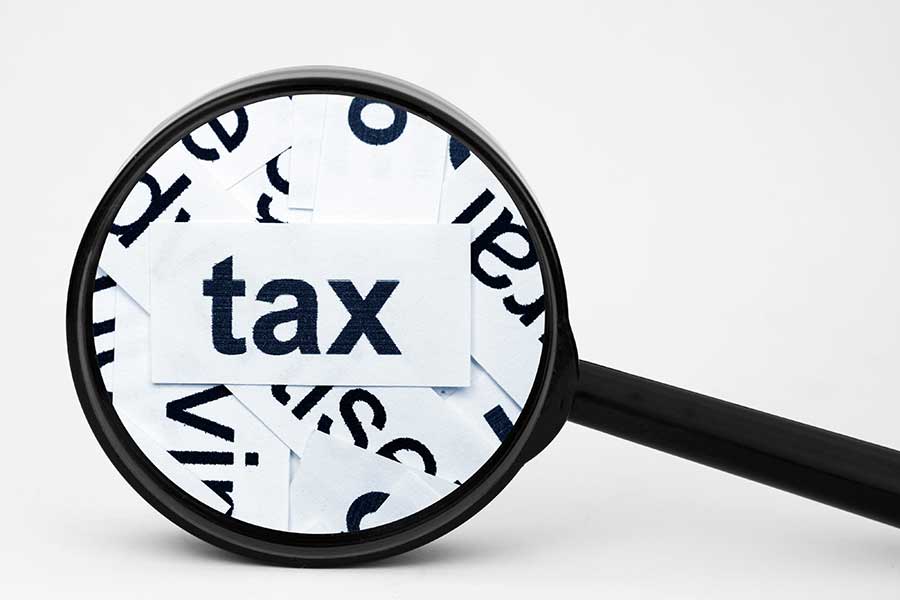The recent U.S. Supreme Court decision in South Dakota vs. Wayfair has opened the door for states to collect sales tax from online retailers who conduct business—but don’t have a physical presence within the state. The court overturned the case of Quill Corp. v. North Dakota. It established the physical presence rule in 1992. This decision can be seen as a win for states because they now have some guidance on how to collect sales taxes from e-commerce businesses without violating the commerce clause. It could also put out-of-state online retailers on equal footing with other companies that have to collect and remit sales taxes. Congress still has the opportunity to set firm standards on how states impose sales tax obligations. The Marketplace Fairness Act, legislation pending in Congress tries to accomplish this as well but it has not passed. Until then, each state will have to use the Wayfair decision as a rule-of-thumb to determine whether their sales tax laws could withstand judicial scrutiny.
South Dakota vs. Wayfair
State sales taxes apply to online transactions even where the retailer has no physical presence in the consumer’s state. However, the consumer is required to remit the tax rather than the retailer in these cases. Various tax laws refer to this as the use tax. Consumer compliance rates are meager, and South Dakota estimated that the Quill rule cost the state between $48 and $58 million annually. At issue, in this case, was a South Dakota law that required online retailers to collect and remit sales tax. The law essentially tried to bypass the physical presence requirement from Quill for businesses that conducted a certain number of transactions or had a specified amount of revenues within South Dakota. The court had to decide whether Quill was still a valid precedent in the age of e-commerce. At the time Quill was decided, online sales did not yet exist and mail-order businesses were a more significant concern. In overturning Quill, the court noted that the decision had created a tax shelter for out-of-state businesses. It also gave companies an incentive not to have a physical presence within some states to sidestep the sales tax. After eliminating the physical presence requirement, the court still had to determine whether the South Dakota law violated other commerce clause precedent. The court concluded that the law applied to businesses with a substantial nexus to South Dakota and that the law did not discriminate against or unduly burden interstate commerce.
States Could See a Boost to Sales Tax Revenue
Wayfair gives states permission to tax businesses that don’t have a physical presence. Online retailers have to comply with these regulations as a cost of doing business. Wayfair can be a victory for tax fairness. The ruling allows for similar treatment of brick-and-mortar businesses. They can’t avoid collecting and remitting sales taxes just because they sell their products on a website rather than in a showroom. But online businesses could also face a tremendous burden complying with state and local sales tax regulations. The dissent noted that over 10,000 jurisdictions levy sales taxes, each with their rates, exemptions, standards, and definitions. The numerous state and local tax laws create considerable compliance cost for any online retailer. However, the laws create a significant cost mainly for small businesses that sell products online. However, Wayfair does not give states unlimited authority to impose sales tax requirements on any business. Those that go too far could risk violating the commerce clause doctrine and have their laws shot down in court.
How States and Congress May Respond
The South Dakota law at issue in Wayfair may be viewed as a kind of safe harbor by other states with sales tax laws. If their laws are less burdensome than the South Dakota law, they may feel confident that they could survive a judicial challenge. Specifically, states can look at three aspects of the South Dakota law for guidance:
- The law only applied to businesses that had over $100,000 in annual revenues or 200 transactions within the state.
- Not retroactive. The law only applied to current transactions to avoid the mess of having businesses retroactively pay sales taxes.
- South Dakota adopted the Streamlined Sales and Use Tax Agreement. Many states have taken this to give some uniformity to their sales tax requirements.
Congress may respond by setting standards by which states can collect sales taxes. It could go even further by minimizing compliance costs for businesses but yet still let states get their cut. Until Congress acts, states may use Wayfair as an opportunity to improve their bottom-line. However, at the same time, not place too much of a burden on businesses.



Leave a Reply
You must be logged in to post a comment.